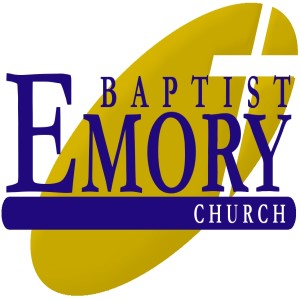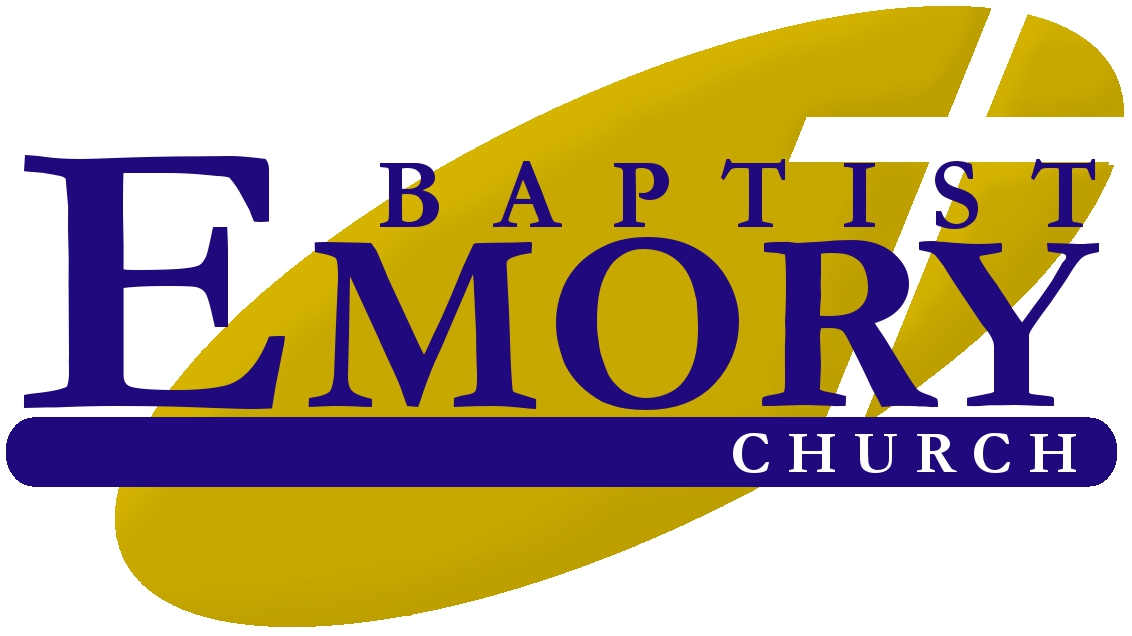Episodes

Monday Oct 29, 2018
What Does That Church Believe: Methodists?
Monday Oct 29, 2018
Monday Oct 29, 2018
Where did they come from?
- Around 1729 at Oxford University, John (1703-1791) and Charles (1707-1788) Wesley began methodically meeting with a group of students at a stated time for “prayer and religious exercises.” They held to a strict regiment of prayer, fasting, Bible reading, and ministry.
- John was ordained a deacon in the Church of England and eventually a priest in 1735.
- On May 24, 1738, on Aldersgate Street in London, England during a Moravian worship service, John experienced a religious awakening. He remembered, “About a quarter before nine, while he was describing the change which God works in the heart through faith in Christ, I felt my heart strangely warmed. I felt I did trust in Christ; Christ alone, for salvation; and an assurance was given me, that he had taken away my sins, even mine, and saved me from the law of sin and death.” As a result of his revival, he began to preach all over England to anyone who would listen. He was the instrument of revival throughout the country.
- In 1766, Philip Embury organized a “connection” of Methodist societies in New York. These societies quickly formed in other states also, including Pennsylvania and Maryland.
- In 1769, John Wesley sent his first missionaries to America that included Francis Asbury (1745-1816).
- In 1773, the first annual Methodist conference was held in Philadelphia. In 1784, the Methodist Episcopal Church was formally organized as a body separate from the English Methodist structure. Asbury and Thomas Coke (1747-1814) became bishops in authority over the new church.
Charles Wesley’s Writings
- And Can It Be
- Christ the Lord is Risen Today
- Rejoice, the Lord is King
- Blessed Be the Name
- O For a Thousand Tongues to Sing
What are their beliefs?
- The Apostles’ Creed
- 25 Articles of Religion
- The Doctrines and Discipline of the Methodist Church
What makes them unique?
- Strictly Arminian and a strong emphasis on human free will
- The possibility of “falling from grace” or losing one’s salvation: see John 6:37-40, 10:27-30; Romans 8:31-39, 2 Timothy 1:12; 1 John 2:19. What are the implications in believing that a believer can “fall from grace?”
Questions to Consider:
- What is the difference between Methodism and Wesleyanism?
- What is the difference between Perkins School of Theology and Asbury Theological Seminary?
- Why do Methodists baptize infants?
|
Name |
Founded |
Members |
Congregations |
Website |
|
African Methodist Episcopal Church |
1816 |
1,857,186 |
7741 |
|
|
Congregational Methodist Church |
1852 |
14,738 |
187 |
|
|
Free Methodist Church of North America |
1860 |
61,202 |
971 |
|
|
Christian Methodist Episcopal Church |
1870 |
850,000 |
2980 |
|
|
Evangelical Congregational Church |
1928 |
21,463 |
168 |
|
|
Southern Methodist Church |
1939 |
7686 |
82 |
|
|
The Evangelical Methodist Church |
1946 |
8615 |
105 |
|
|
The Evangelical Church of North America |
1968 |
12,475 |
164 |
|
|
The United Methodist Church |
1968 |
8,298,145 |
24,162 |
|
|
Wesleyan Church |
1968 |
114,211 |
1887 |
Version: 20241125


No comments yet. Be the first to say something!